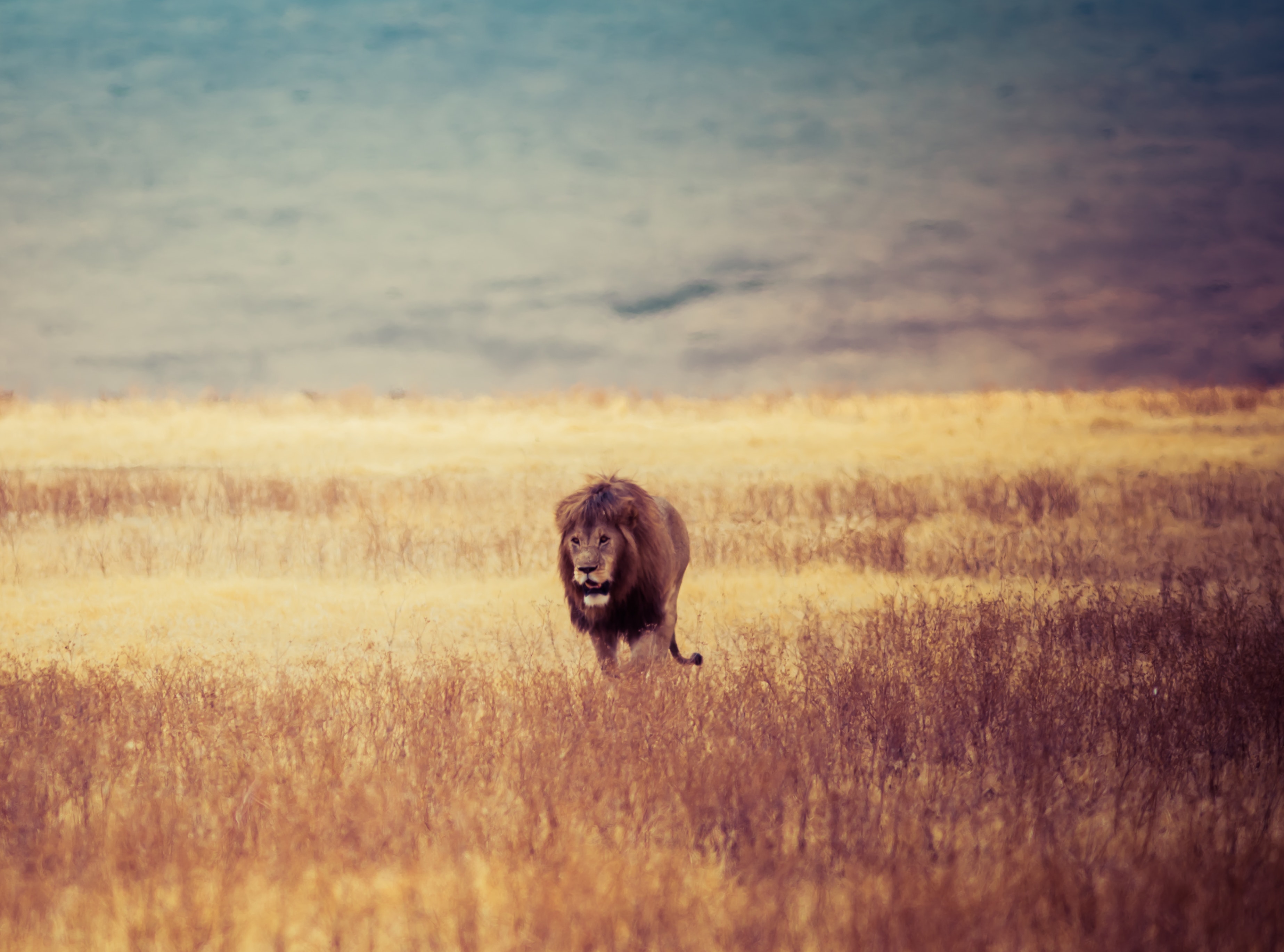As a traveller, you can do your part to #MakeTravelMatter for wildlife around the world by following a few simple guidelines.
In 2015, The Travel Corporation (TTC) adopted the TreadRight Animal Welfare Policy, developed with guidance from World Animal Protection, helping us to ensure that all experiences offered across the entire TTC family of brands meet globally recognized animal welfare criteria.
Based on the Five Freedoms of Animal Welfare, a compact of rights for animals under human control, the TreadRight Animal Welfare Policy asserts that animals under human control should have
1) Freedom from hunger and thirst;
2) Freedom from discomfort;
3) Freedom from pain, injury, and disease;
4) Freedom to express normal behaviour;
5) Freedom from fear & distress.
The policy has been instrumental in assisting our operations teams to identify acceptable animal-related activities versus those that we simply cannot abide as we vet and assess all the animal-related travel activities that our organization offers and removing those rare activities that were not in line with the policy and replacing them with activities that meet our standards.
As a traveller, you too can be on the lookout for what to avoid in order to assure your animal-related travel experiences are rewarding for both you and the animal. There are certain practices that have a detrimental impact on animals. They can never meet the Five Freedoms. These activities can never be improved to the extent where the welfare of the animals is satisfactory, therefore they should be avoided:
- Riding wild animals such as elephants and ostriches
- Using wild animals for photo props or performances, such as tiger selfies and circuses
- Customer interactions or handling of wild animals like swimming with dolphin programs
- Animal fighting
- Animals used for begging such as snake charmers and dancing bears
- Wildlife farms like civet coffee farms, bear bile farms and crocodile farms
We have created a simple wildlife excursion list of five questions to ask so you know what to avoid. If the answer is ‘yes’ to any of the below questions than they should be avoided.
- Are guests able to ride, handle, swim with or otherwise directly interact with captive wild animals?
- Are captive wild animals trained and used for shows and performances?
- Does the attraction sell wildlife parts?
- Does the attraction offer guests the possibility to eat or drink animal products that cause extreme cruelty or are from endangered species?
- Do online reviews suggest any animal welfare issues?
By refusing to support these interactions, you’ll be ensuring you’re doing you part to help #MakeTravelMatter for wildlife around the world.
